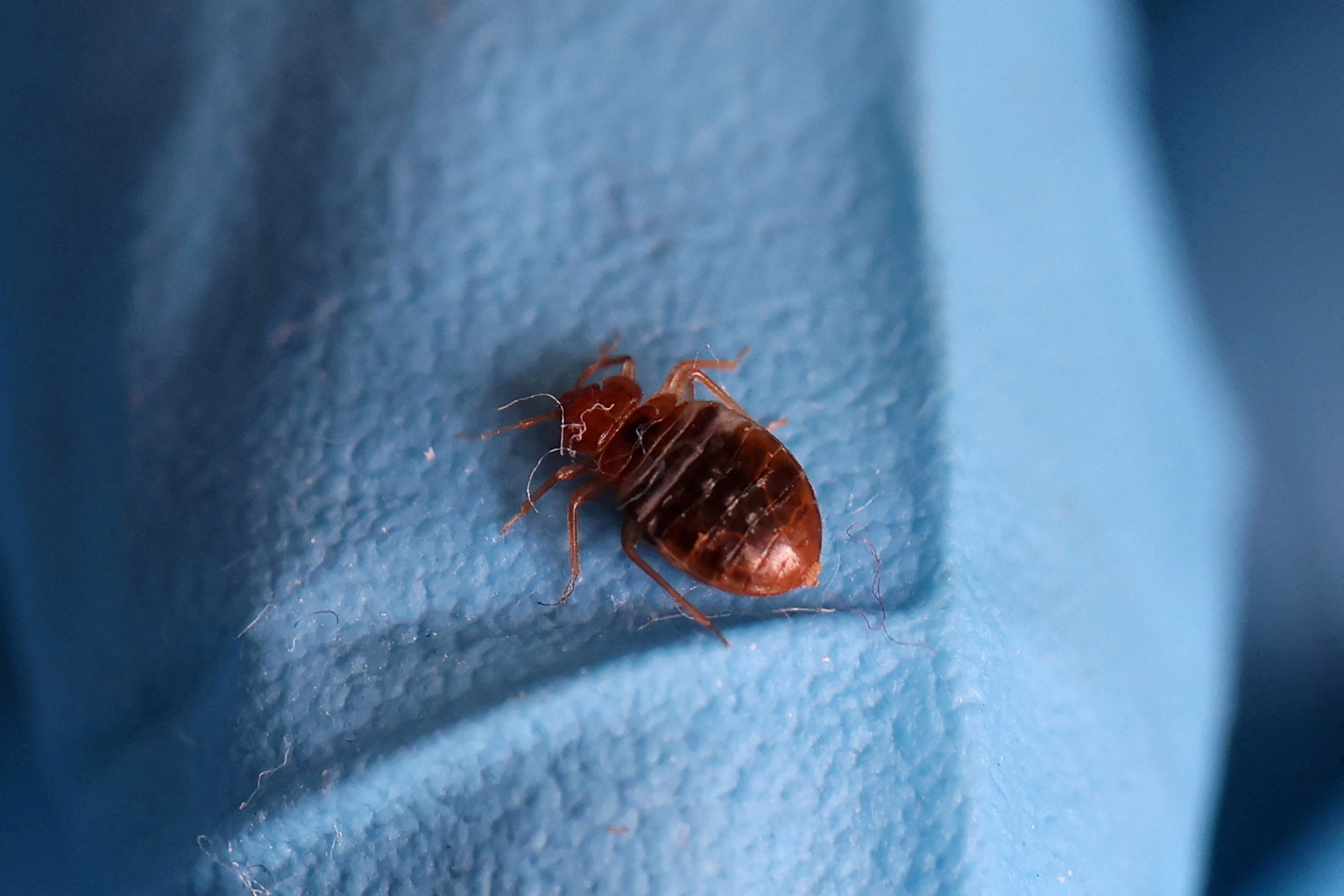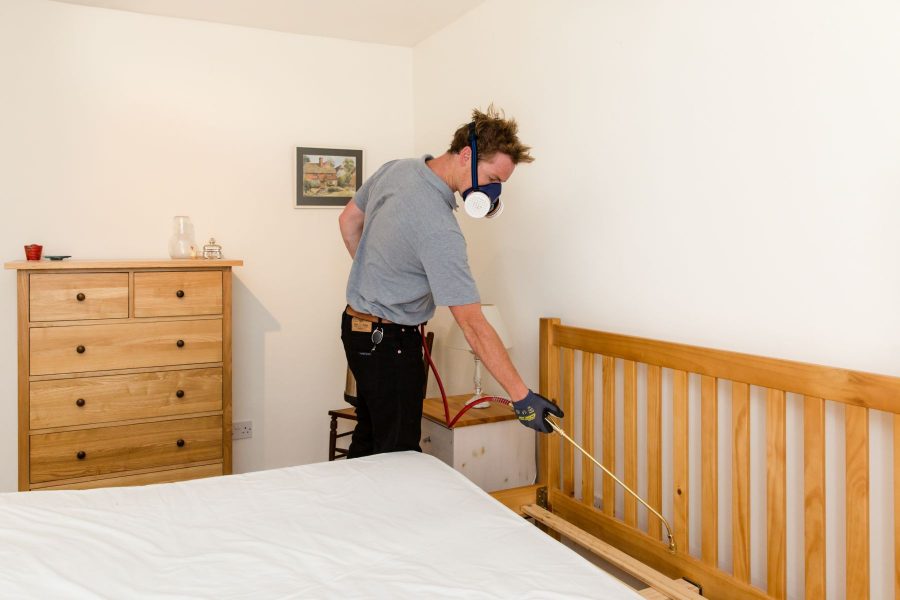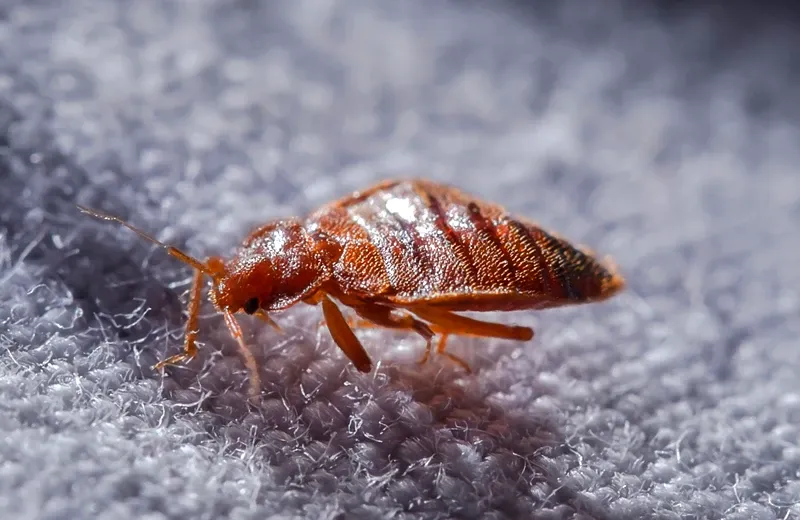Professional Kings Bug Control Services Cincinnati OH
Professional Kings Bug Control Services Cincinnati OH
Blog Article
Kinds Of Parasite Control: Which Method Is Right for Your Infestation?
When confronted with a parasite infestation, the choice of an ideal method for insect control is critical in effectively handling the scenario. From chemical treatments to biological services, there exists a variety of approaches that can be used to resolve different types of insects. Each technique features its very own set of considerations and advantages, making the decision-making process a nuanced one. Recognizing the nuances of each technique and reviewing their compatibility with the details pest invasion available is necessary for accomplishing long-lasting success in bug administration. By checking out the different sorts of bug control techniques readily available, people can make educated choices customized to their one-of-a-kind circumstances, making sure an extra sustainable and efficient result in bug obliteration.
Chemical Insect Control
Chemical pest control includes using artificial or normally obtained chemicals to take care of and remove pest populations properly. This technique is typically made use of in agriculture, forestry, and residential setups to fight a wide array of bugs, including rodents, weeds, and bugs. Making use of chemical pesticides can supply fast and targeted services to pest problems, making it a popular selection for numerous people and companies.
Among the crucial benefits of chemical insect control is its capacity to promptly get rid of pests, lowering the threat of damages to crops, residential property, and human health and wellness. By utilizing details chemicals that target specific parasites, this technique can effectively control invasions while reducing damage to advantageous organisms and the atmosphere when used properly.
Nevertheless, the usage of chemical parasite control also increases concerns regarding potential unfavorable results on non-target species, water resources, and human wellness. It is vital to comply with security standards, use chemicals responsibly, and consider alternate bug control methods to lessen these threats and ensure sustainable insect management techniques.
Organic Pest Control
Organic pest control, likewise known as biocontrol, uses living organisms to manage and minimize parasite populations normally. By using the parasite's natural killers or virus, biological bug control supplies a ecologically friendly and lasting option to pest administration.

Mechanical Parasite Control
Making use of hand-operated and physical approaches to handle insect populations, mechanical pest control supplies a different strategy that does not rely upon using living organisms or synthetic chemicals. This approach includes using obstacles, catches, or other gadgets to physically hinder or get rid of insects. By obstructing parasite access points or establishing up catches to capture them, mechanical parasite control can efficiently decrease infestations without presenting chemicals into the environment.
One usual example of mechanical parasite control is the usage of mesh screens on doors and windows to avoid insects from getting in buildings. This straightforward yet efficient method works as a physical barrier, maintaining bugs out while enabling correct ventilation. In addition, gadgets like mousetraps, fly swatters, and ultrasonic repellents drop under the mechanical insect control group.
While mechanical bug control techniques can be labor-intensive and call for regular surveillance and maintenance, they use a sustainable and environmentally friendly solution for handling parasite invasions. By incorporating various mechanical techniques, building owners can produce a thorough insect control Kings cincinnati pest control companies approach that reduces dependence on chemical pesticides.
Physical Bug Control

Some usual physical parasite control techniques include the use of obstacles such as webs or displays to stop bug entry, catches to catch and eliminate pests, and hand-picking to literally eliminate pests from plants or frameworks. Furthermore, methods like heat therapies can be used to regulate bugs like bed bugs by elevating the temperature level to degrees that are lethal to the pests.
Physical insect control is specifically beneficial in integrated bug management (IPM) strategies, where numerous insect control approaches are integrated for effective bug management while lessening the use of chemicals. By making use of physical parasite control methods, people can effectively attend to bug infestations with marginal ecological effect.
Integrated Pest Administration
When implementing physical insect control approaches as part of insect monitoring techniques, Integrated Bug Management (IPM) becomes a thorough approach that leverages different strategies to effectively control pest populaces. IPM concentrates on long-term prevention of insects via a mix of biological, cultural, physical, and chemical devices customized to specific insect problems. By incorporating numerous control methods, IPM aims to reduce the dangers related to parasites while also decreasing reliance on chemical options.
One trick facet of IPM is the focus on monitoring and assessing pest populations to identify the most proper control techniques. This aggressive strategy enables early treatment and targeted strategies, leading to extra effective insect administration. Furthermore, IPM promotes eco-friendly practices by prioritizing non-chemical control methods and only making use of chemicals as a last option.
Verdict

By making use of the parasite's natural predators or virus, biological insect control uses a sustainable and environmentally friendly service to pest administration. - Kings pest control Cincinnati
Using physical and hands-on techniques to handle insect populations, mechanical insect control uses an alternate technique that does not depend on the use of living organisms or synthetic chemicals.An effective method to managing pest populations without relying on chemical or biological techniques involves the use of physical parasite control strategies.When applying physical parasite control approaches as part of insect management strategies, Integrated Parasite Monitoring (IPM) emerges as an extensive approach that leverages numerous methods to efficiently control pest populaces. Chemical bug control includes the use of chemicals, organic bug control uses natural killers, mechanical bug control involves physical obstacles, physical bug control includes capturing or removing pests, and incorporated insect management incorporates several methods for an alternative method to pest control.
Report this page